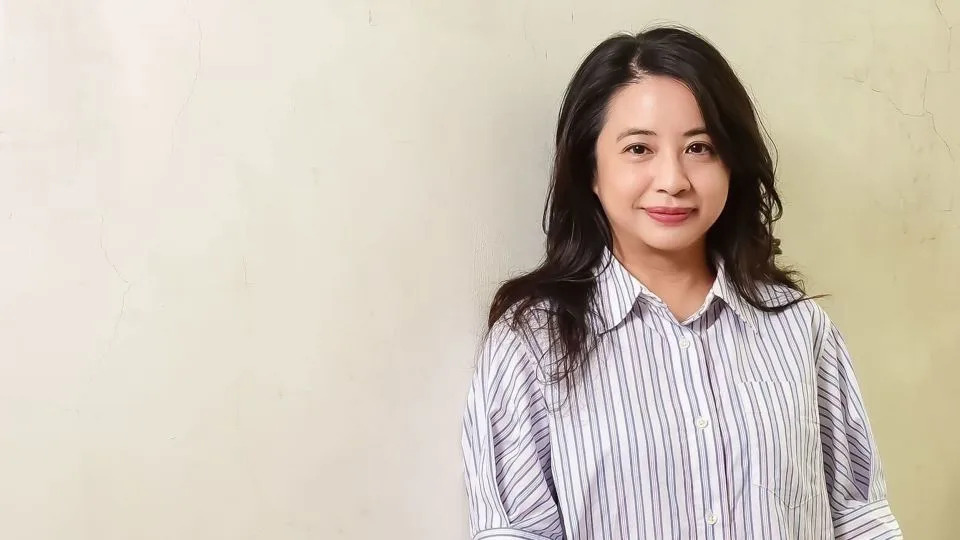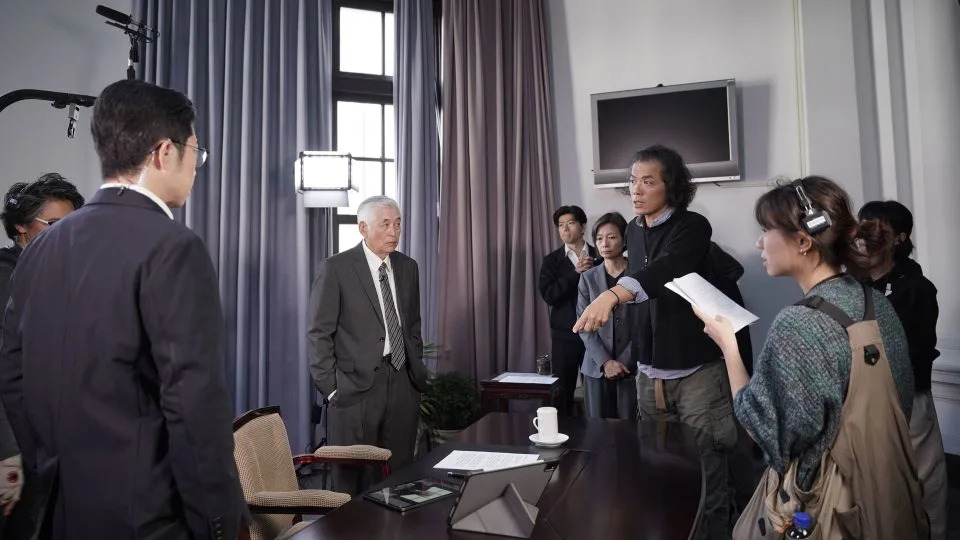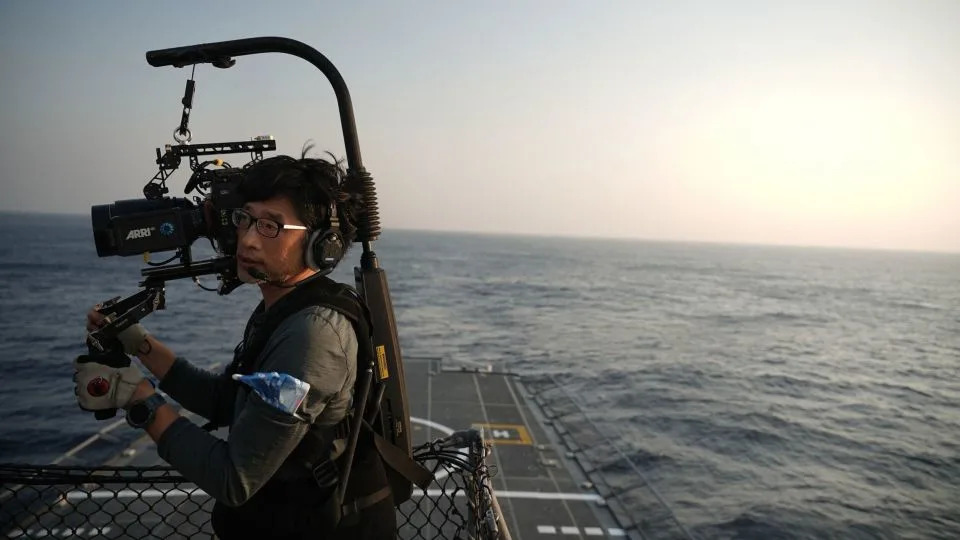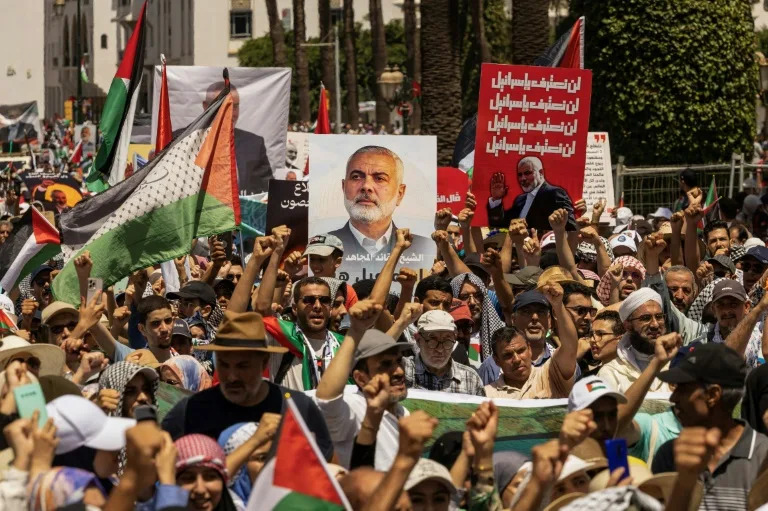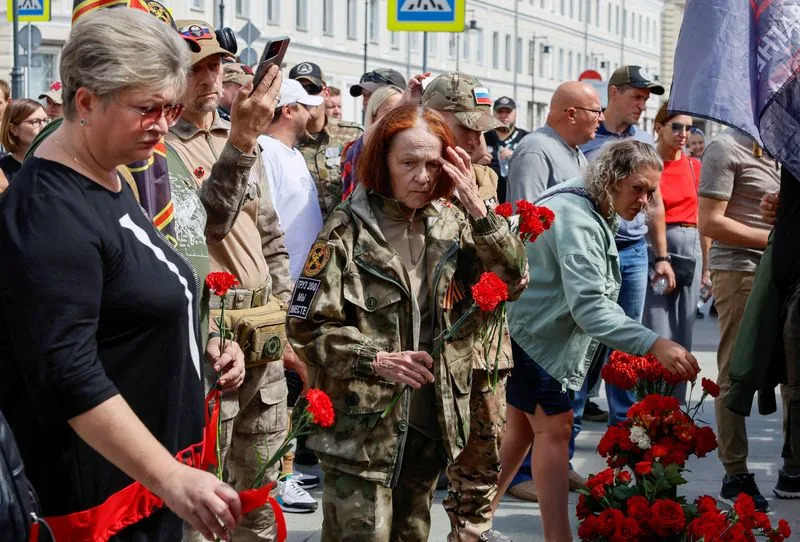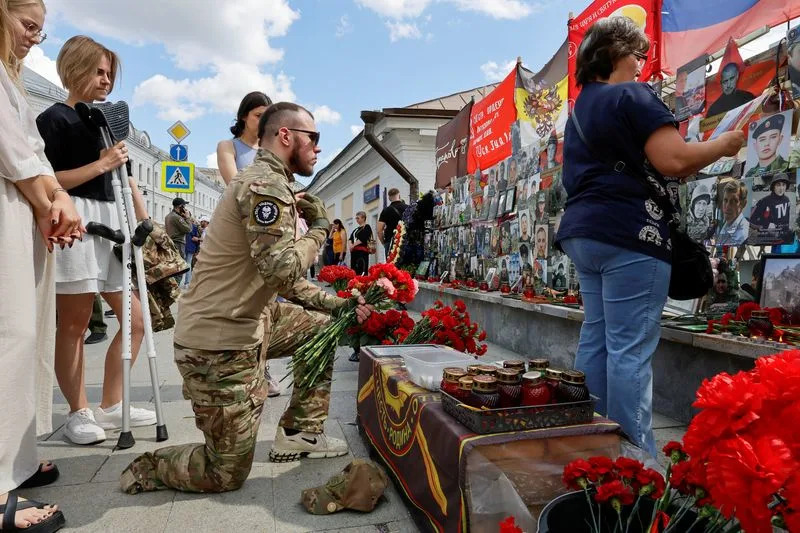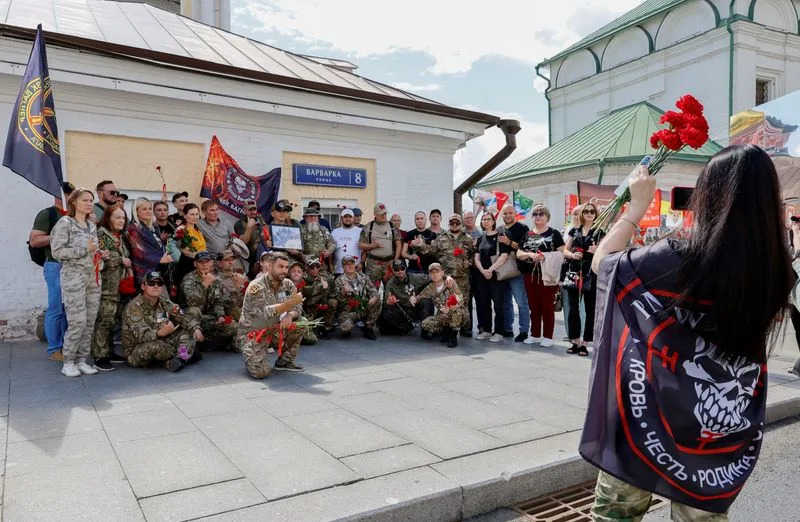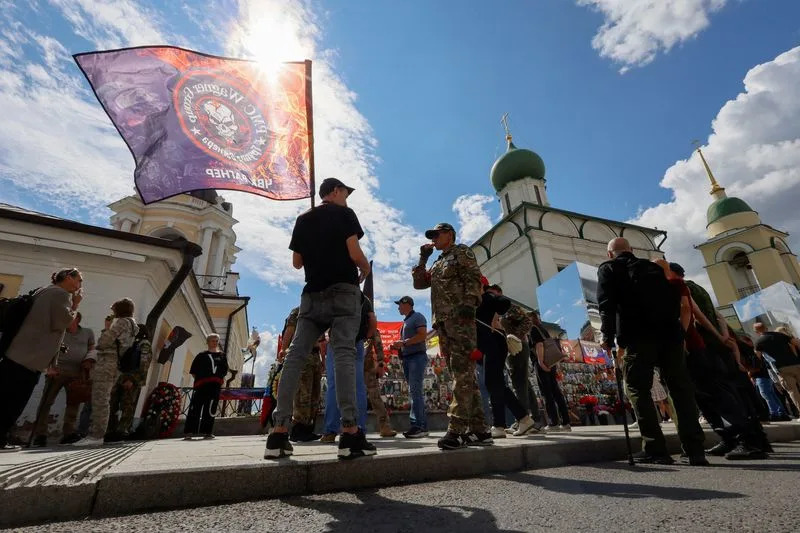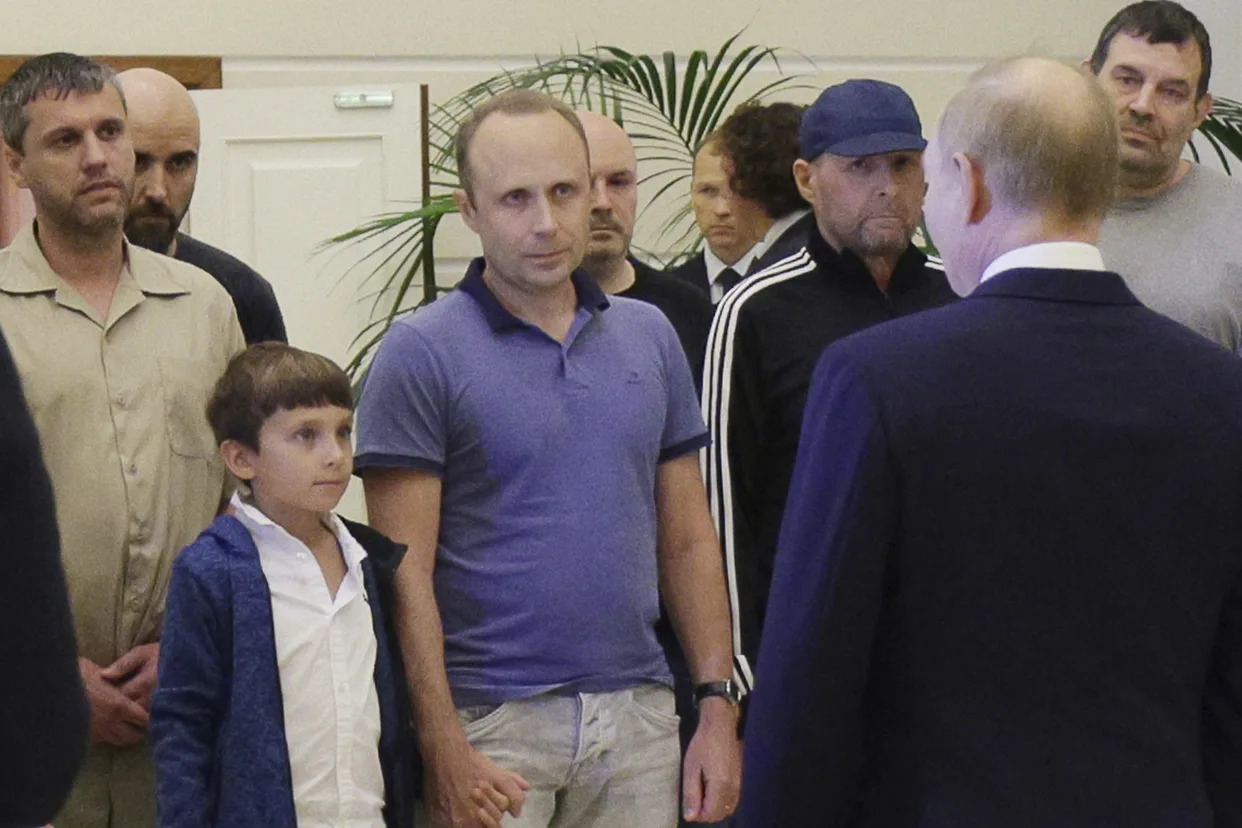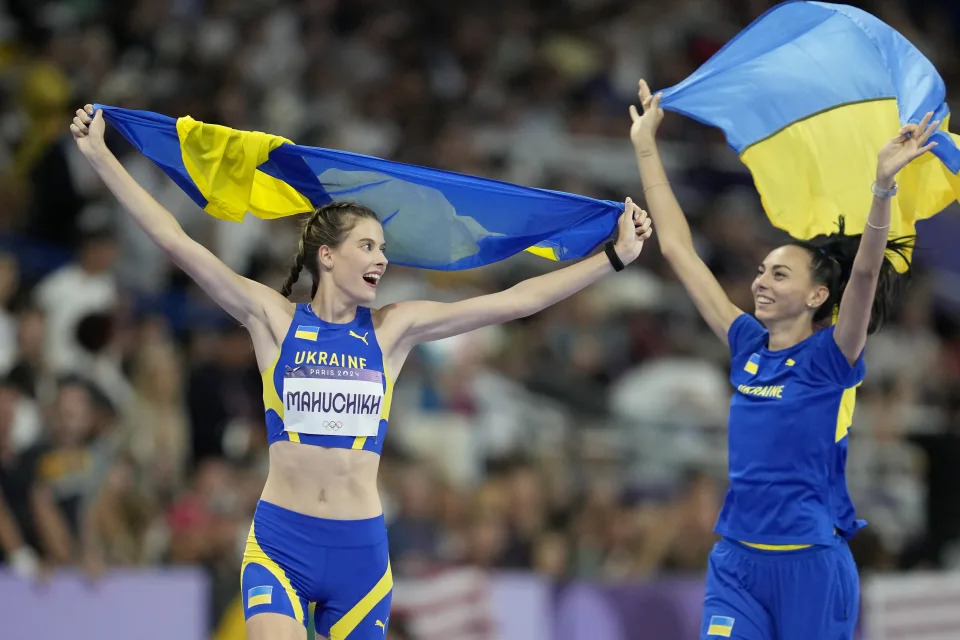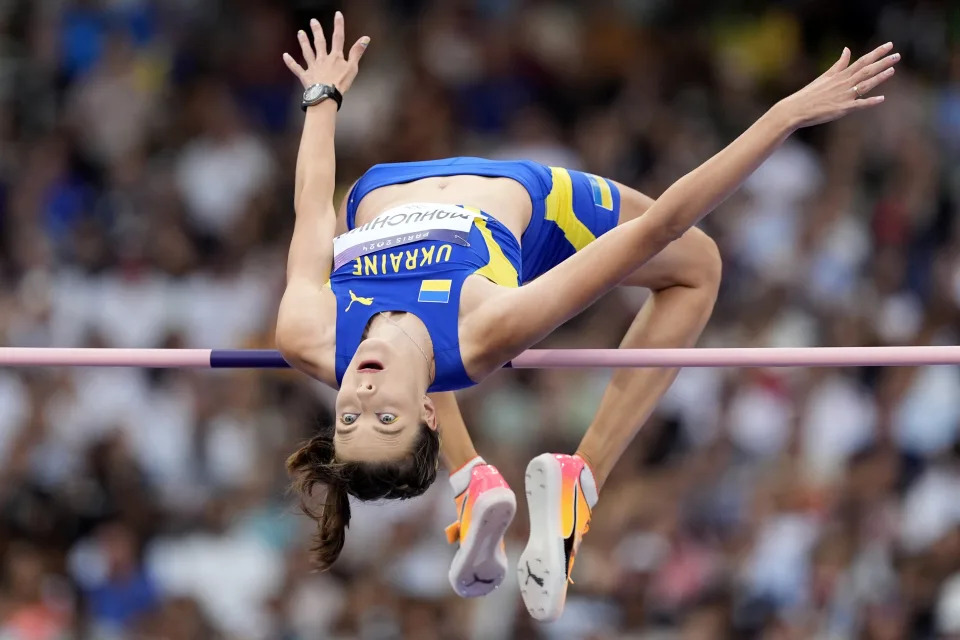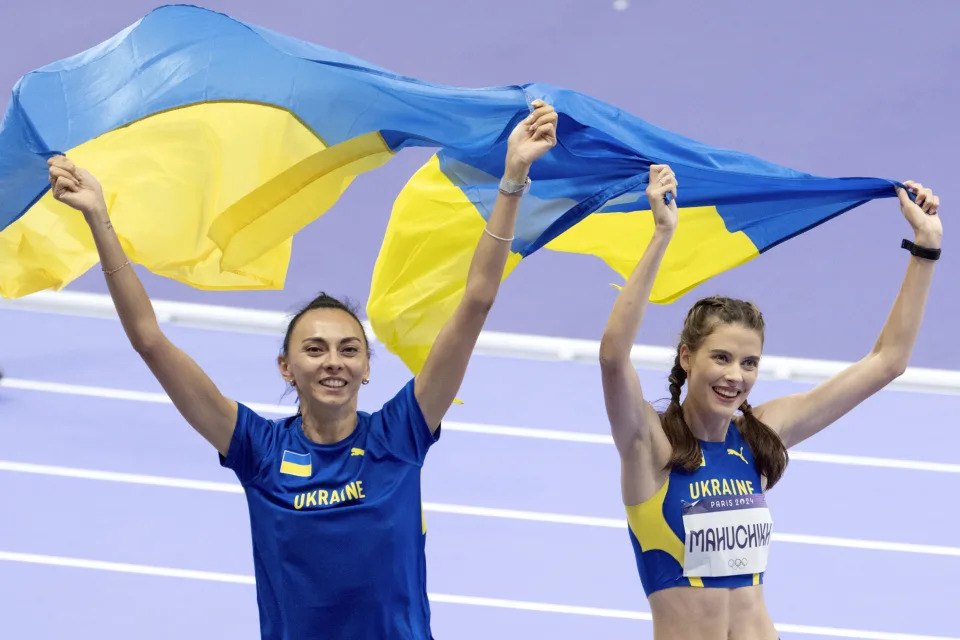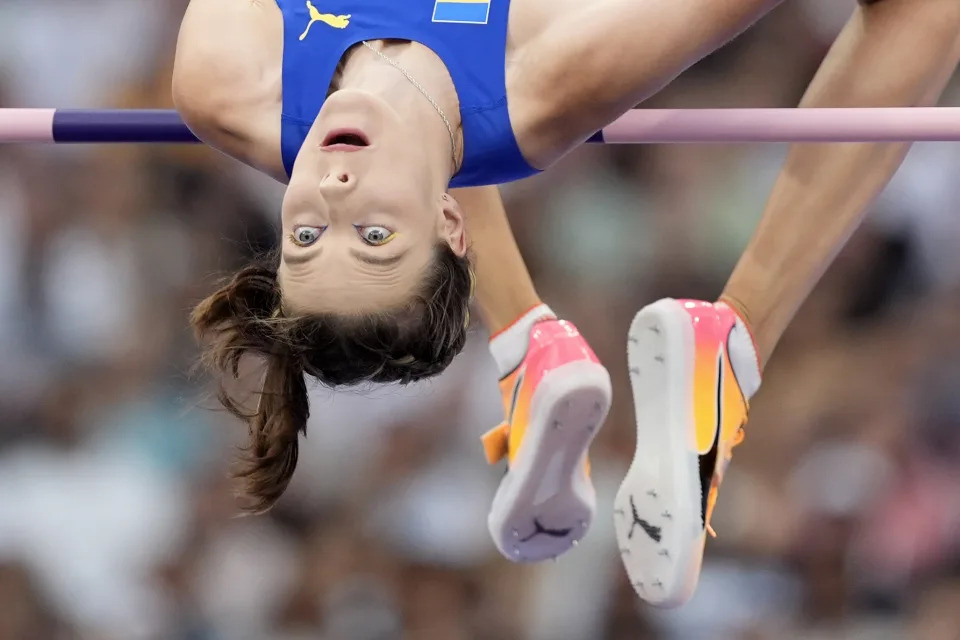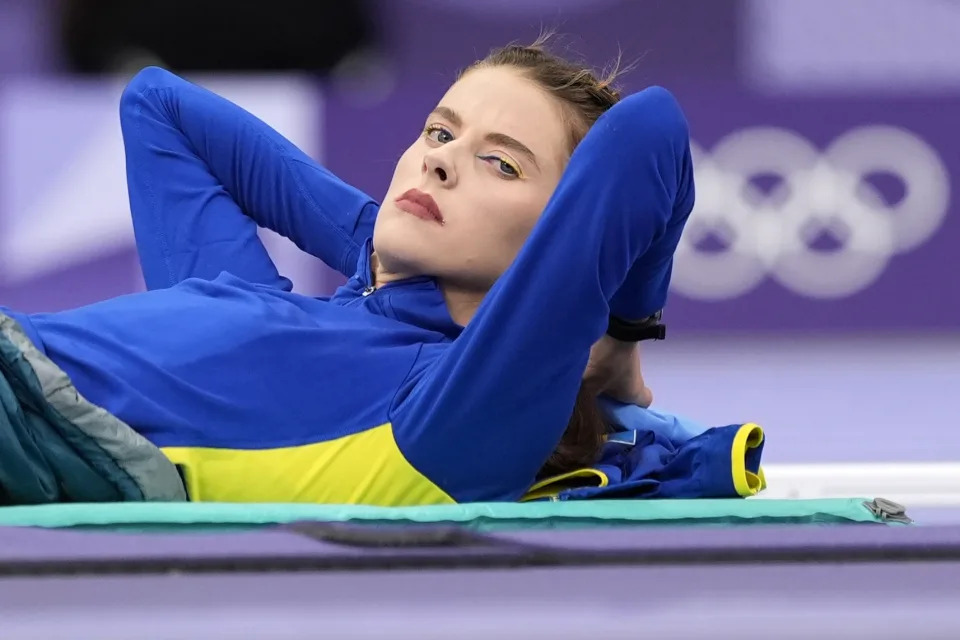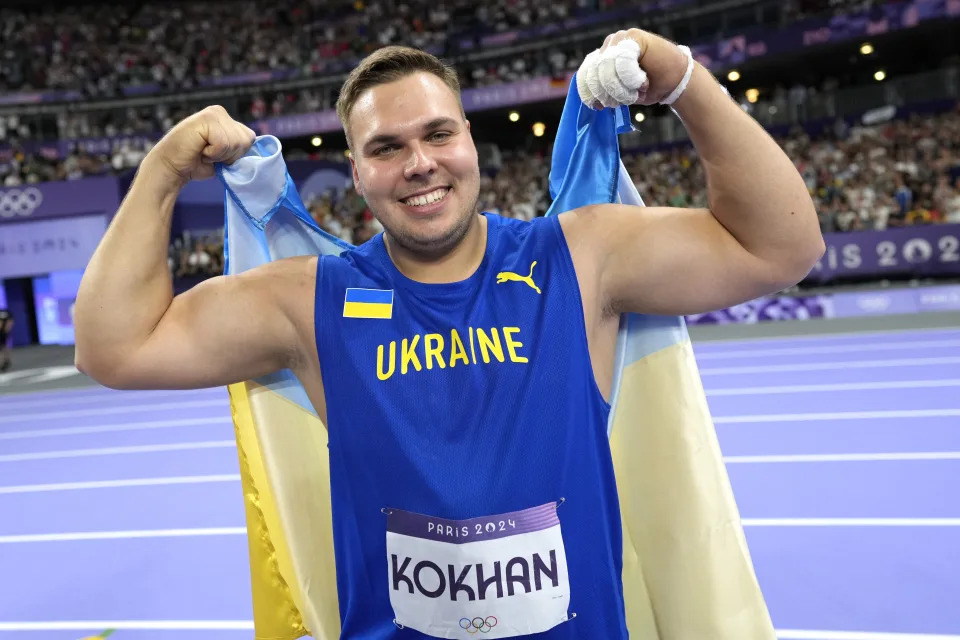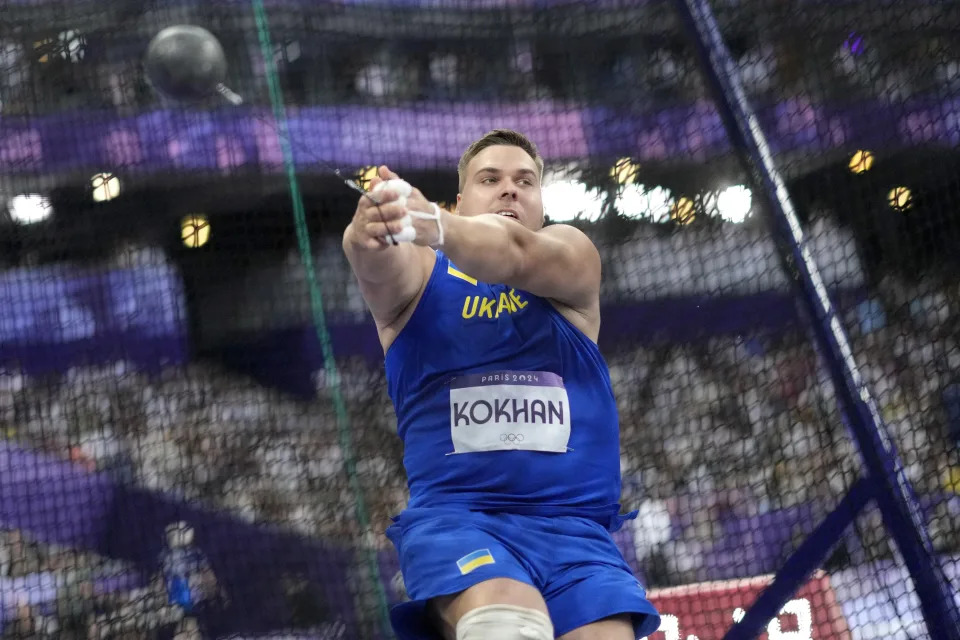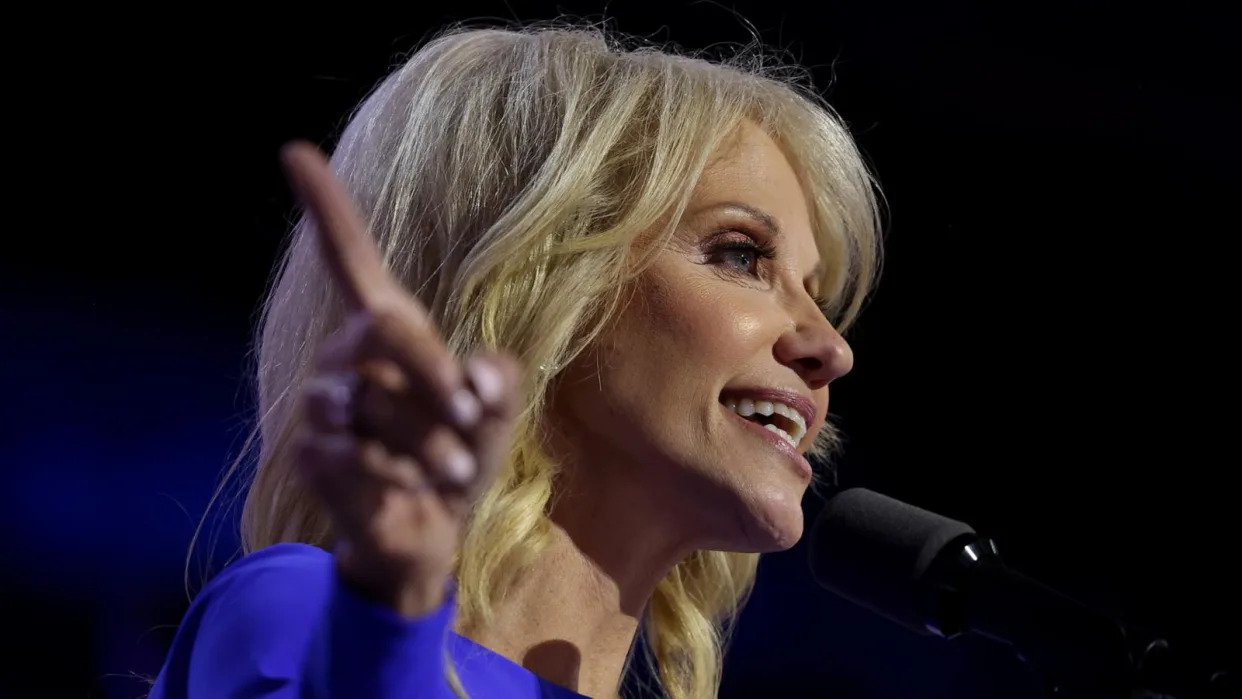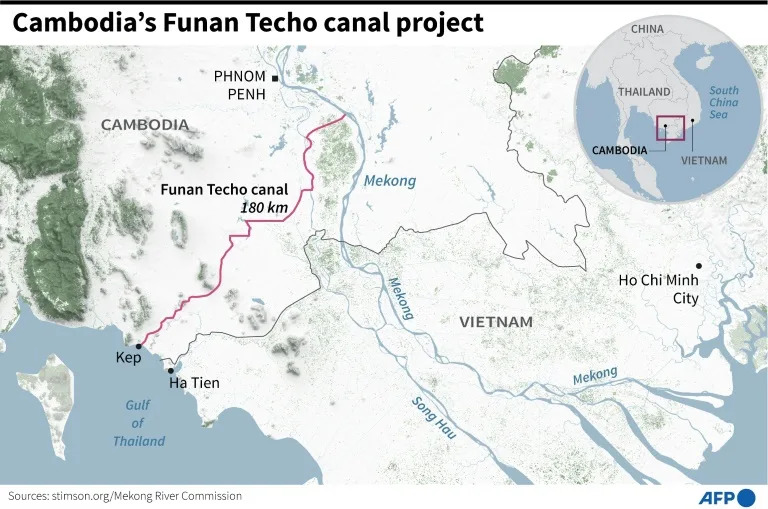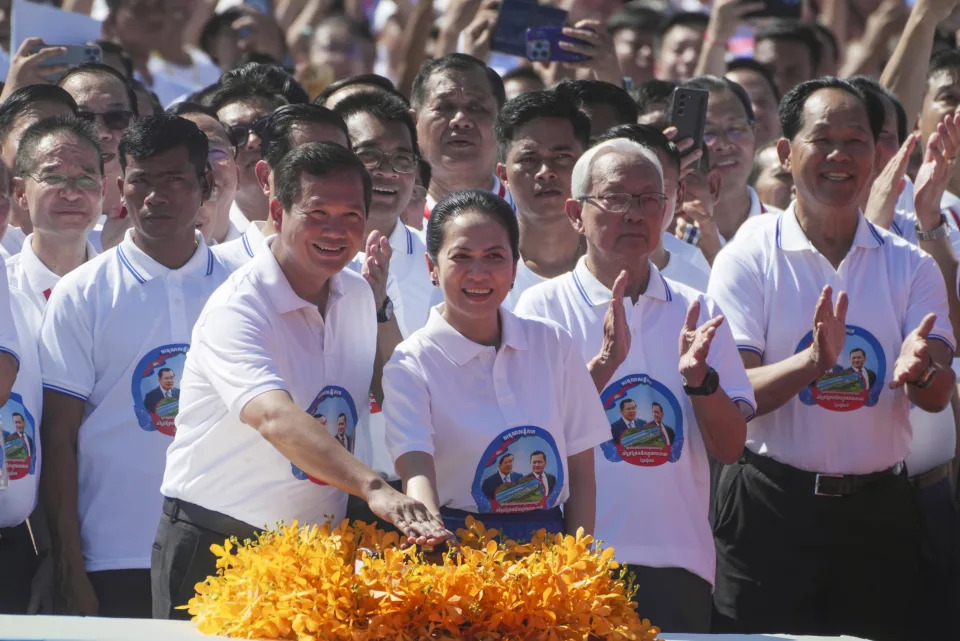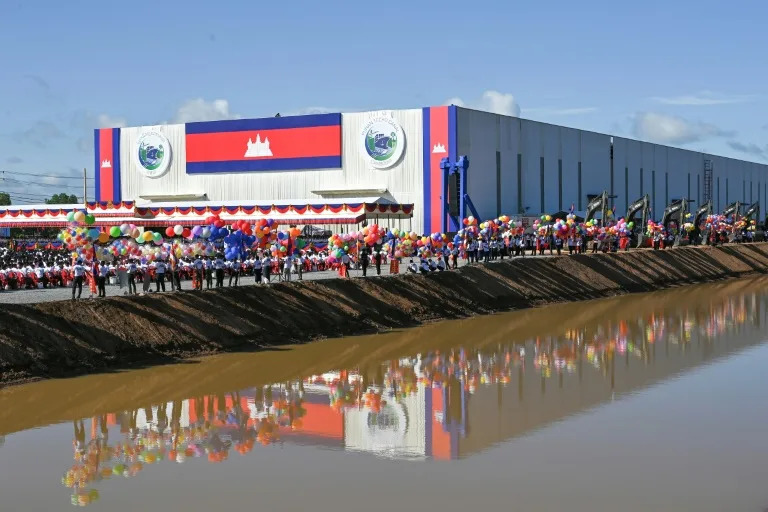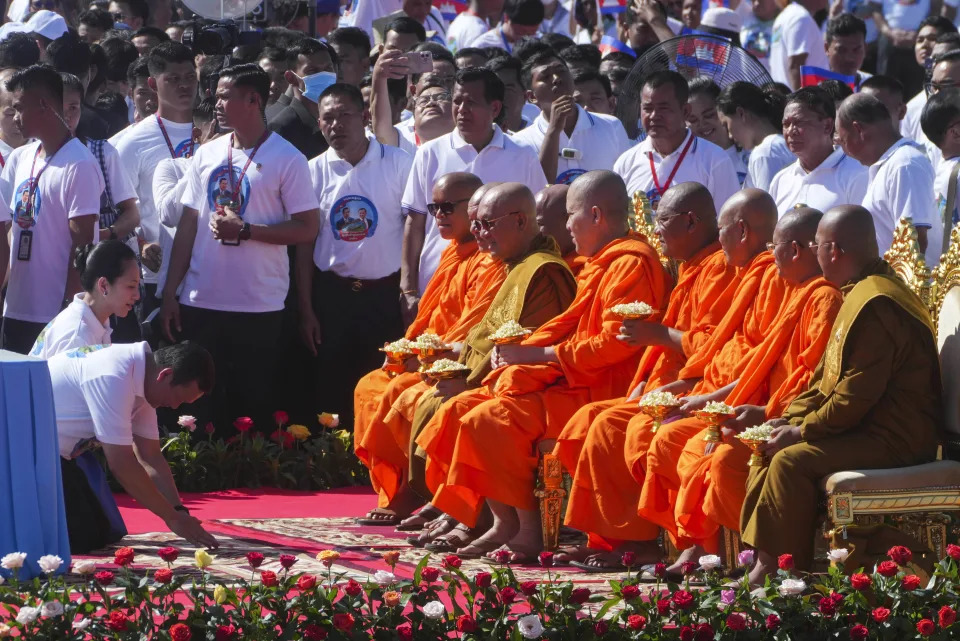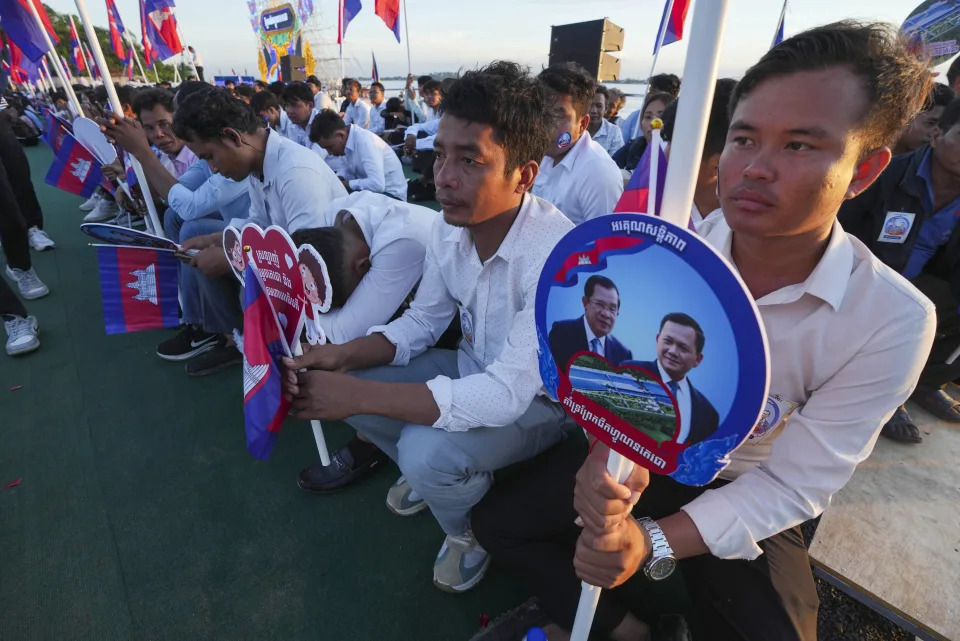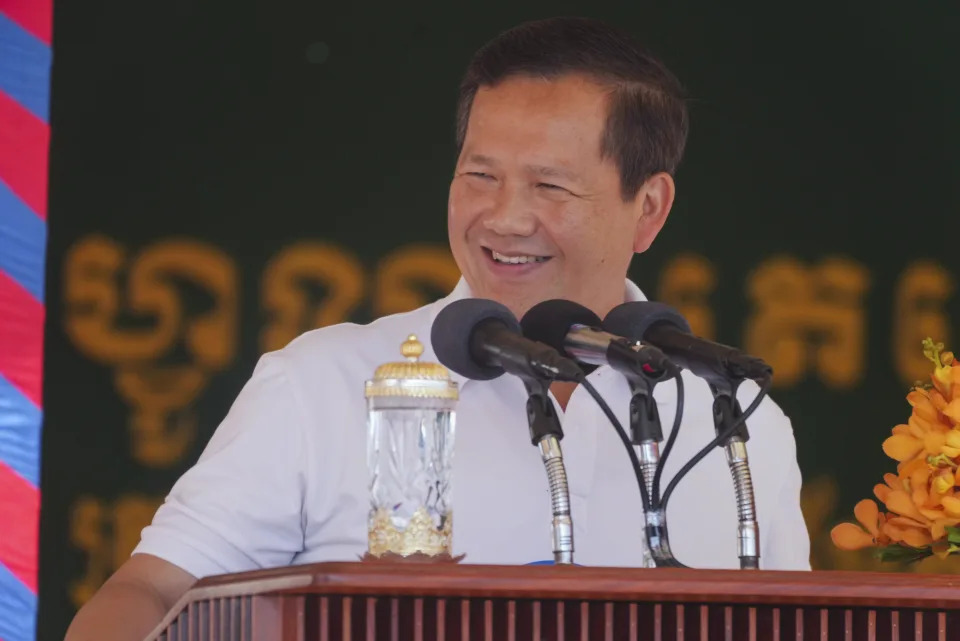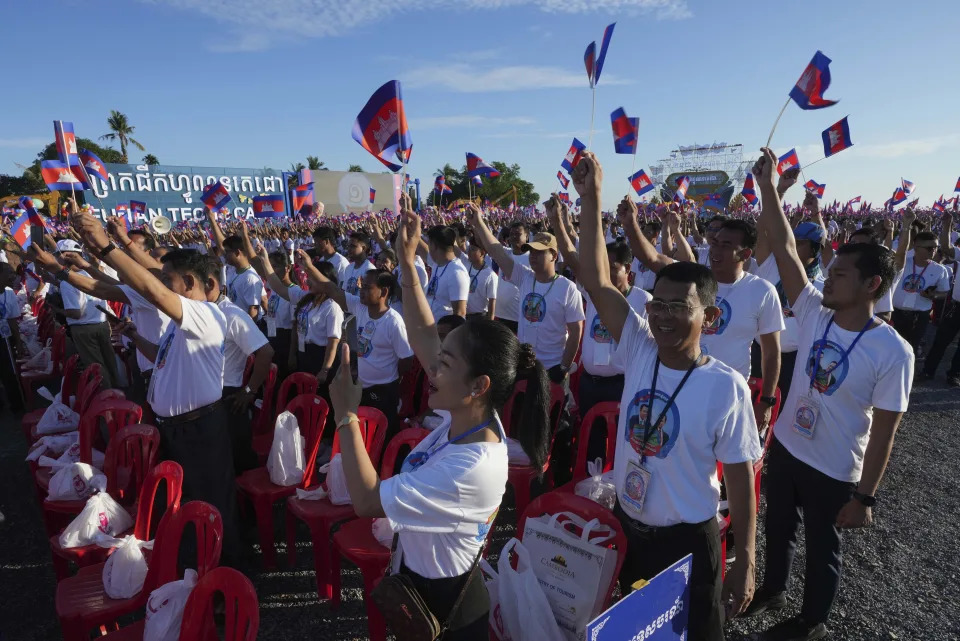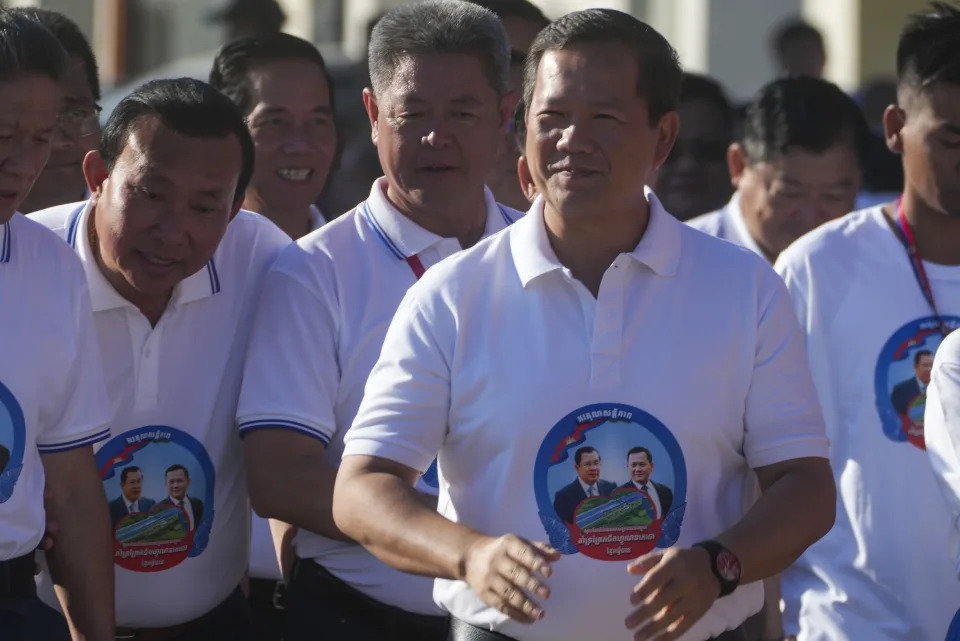CLIMATE CRISIS
Associated Press
Updated Mon, August 5, 2024
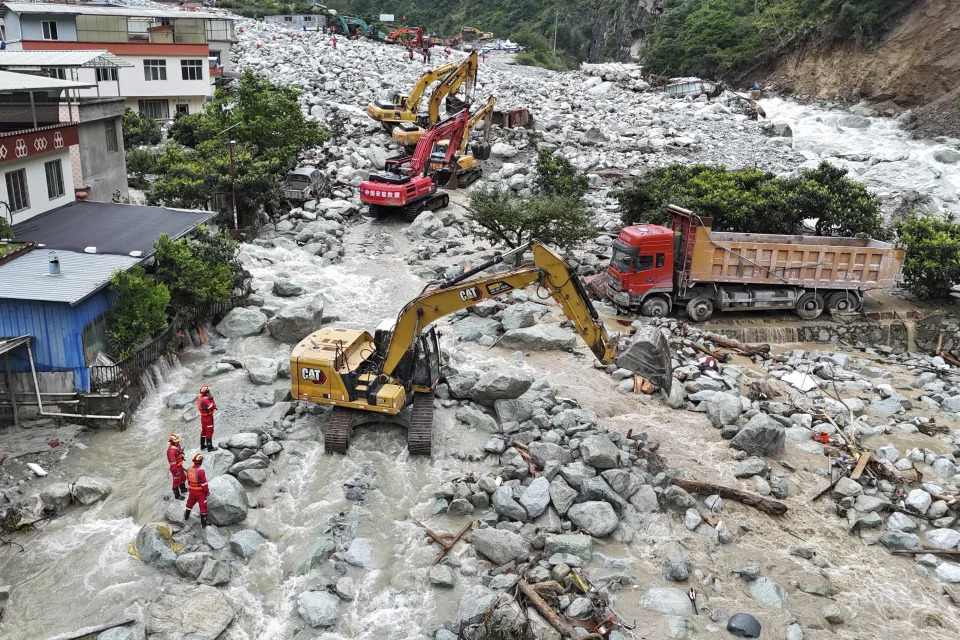


In this photo released by Xinhua News Agency, rescuers work in the aftermath of flash floods in Ridi Village, Kangding City, Garze Tibetan Autonomous Prefecture in southwestern China's Sichuan Province on Sunday, Aug. 4, 2024
(Liu Kun/Xinhua via AP)
BEIJING (AP) — Landslides and flooding have killed more than 150 people around China in the past two months as torrential rainstorms batter the region.
The search was ongoing Monday for victims of a flood and mudslide in a mountainous Tibetan area in Sichuan province that left nine people dead and 18 others unaccounted for, state media said.
The early Saturday morning disaster destroyed homes and killed at least seven people in the village of Ridi, state broadcaster CCTV said in an online report. Two more people died after a nearby bridge between two tunnels collapsed and four vehicles plummeted.
China is in the middle of its peak flood season, which runs from mid-July to mid-August, and Chinese policymakers have repeatedly warned that the government needs to step up disaster preparations as severe weather becomes more common.
An annual government report on climate said last month that historical data shows the frequency of both extreme precipitation and heat has risen in China, according to state broadcaster CCTV.
A heat warning was in effect Monday in parts of eastern China, where temperatures were expected to top 40 degrees Celsius (104 Fahrenheit) in several cities including Nanjing, and 37 C (98 F) in nearby Shanghai on the coast.
There have been a series of deadly rainstorms since June.
Days of intense rain from the aftermath of Typhoon Gaemi, which weakened to a tropical storm after making landfall in China about 10 days ago, killed at least 48 people in Hunan province and left 35 others missing last week.
Authorities said Friday that the death toll from an earlier storm in July that knocked out a section of a bridge in Shaanxi province in the middle of the night had risen to 38 people, with another 24 still missing. At least 25 cars fell into a raging river that washed some of them far downstream.
In mid-June, at least 47 died from flooding and mudslides after extremely heavy rain in Guangzhou province. Six more people died in neighboring Fujian province.
Intense rains have also taken hundreds of lives elsewhere in Asia this summer, including devastating landslides that killed more than 200 people in south India last week.
The remnants of Typhoon Gaemi also drenched northeastern China and North Korea, overflowing the Yalu River that divides them and inundating cities, towns and farmland.
BEIJING (AP) — Landslides and flooding have killed more than 150 people around China in the past two months as torrential rainstorms batter the region.
The search was ongoing Monday for victims of a flood and mudslide in a mountainous Tibetan area in Sichuan province that left nine people dead and 18 others unaccounted for, state media said.
The early Saturday morning disaster destroyed homes and killed at least seven people in the village of Ridi, state broadcaster CCTV said in an online report. Two more people died after a nearby bridge between two tunnels collapsed and four vehicles plummeted.
China is in the middle of its peak flood season, which runs from mid-July to mid-August, and Chinese policymakers have repeatedly warned that the government needs to step up disaster preparations as severe weather becomes more common.
An annual government report on climate said last month that historical data shows the frequency of both extreme precipitation and heat has risen in China, according to state broadcaster CCTV.
A heat warning was in effect Monday in parts of eastern China, where temperatures were expected to top 40 degrees Celsius (104 Fahrenheit) in several cities including Nanjing, and 37 C (98 F) in nearby Shanghai on the coast.
There have been a series of deadly rainstorms since June.
Days of intense rain from the aftermath of Typhoon Gaemi, which weakened to a tropical storm after making landfall in China about 10 days ago, killed at least 48 people in Hunan province and left 35 others missing last week.
Authorities said Friday that the death toll from an earlier storm in July that knocked out a section of a bridge in Shaanxi province in the middle of the night had risen to 38 people, with another 24 still missing. At least 25 cars fell into a raging river that washed some of them far downstream.
In mid-June, at least 47 died from flooding and mudslides after extremely heavy rain in Guangzhou province. Six more people died in neighboring Fujian province.
Intense rains have also taken hundreds of lives elsewhere in Asia this summer, including devastating landslides that killed more than 200 people in south India last week.
The remnants of Typhoon Gaemi also drenched northeastern China and North Korea, overflowing the Yalu River that divides them and inundating cities, towns and farmland.
